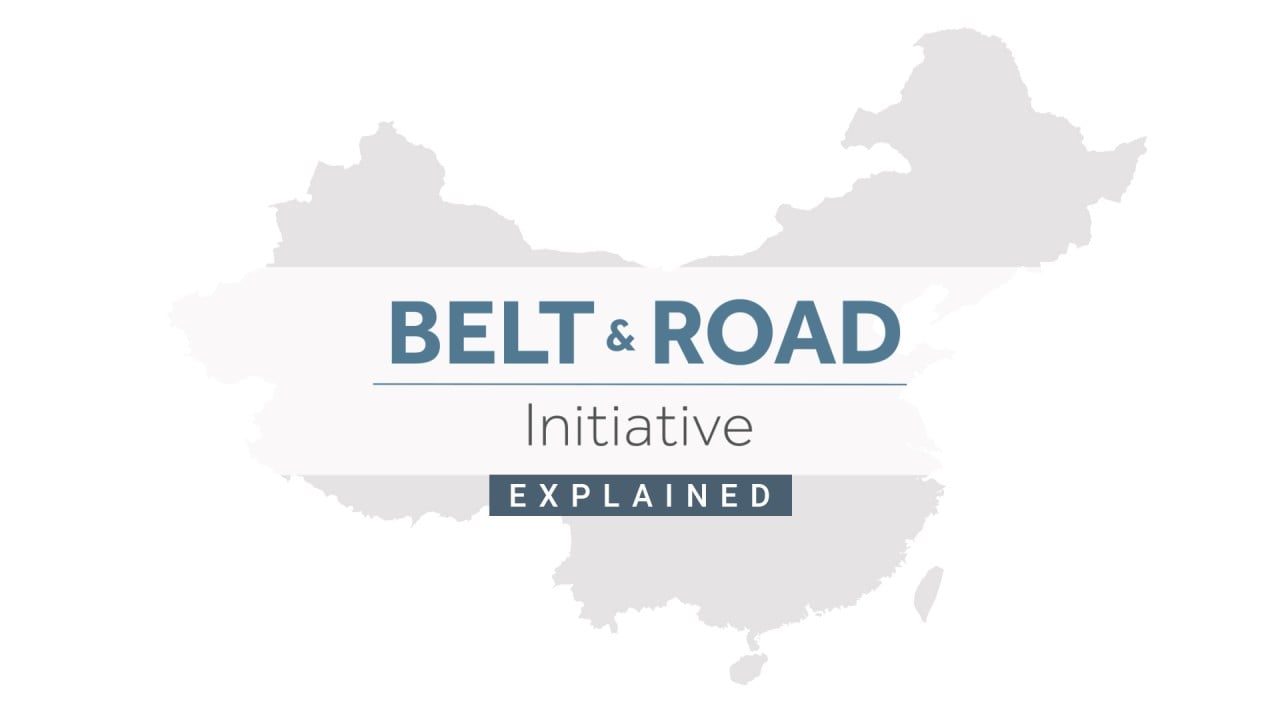Advertisement
Macroscope | Where the G7’s alternative to China’s belt and road loses its way
- The appetite for alternatives to the belt and road is motivated by a perception that the initiative is somehow succeeding. But this assumption has not been properly scrutinised
- If China is winning the narrative battle, then the EU and US must find the right story, not shout the same message louder
Reading Time:3 minutes
Why you can trust SCMP
34

We’ve already seen several initiatives portrayed by Western media as alternatives to China’s Belt and Road Initiative, but US President Joe Biden’s “Build Back Better World” (B3W) partnership is the first to be so explicitly framed as such by its sponsor.
At this stage, the B3W, unveiled at the G7 summit, is mostly rhetoric. No new funding has been announced, just the creation of a “task force” to report back with “proposals” in the autumn. Still, it’s a politically significant moment.
While the idea that there needs to be an “anti-Belt and Road Initiative” appears self-evident, this need is rarely scrutinised.
Europe has more targeted concerns about the initiative than the United States – we care about the threat the initiative poses to our power to set global standards and about the resilience of European companies in the face of Chinese state subsidies. In Washington, the logic is more along the lines of “anything China does, the US should do better”. But, on both sides of the Atlantic, we should be wary of competition for competition’s sake.
The usual reasons given for competing with the belt and road are that its projects create difficulties for host countries. The claim is that low standards, poor implementation and problems in project selection have led to unwarranted financial burdens on countries, as well as negative social, governance and environmental impacts. In contrast, the European Union and US approaches to connectivity emphasise sustainability and a rules-based, market-led approach.
Beijing generally leaves more responsibility in the hands of host countries than Western partners. Where corruption and low standards prevail, this adherence to the “host country principle” causes problems.
Advertisement

